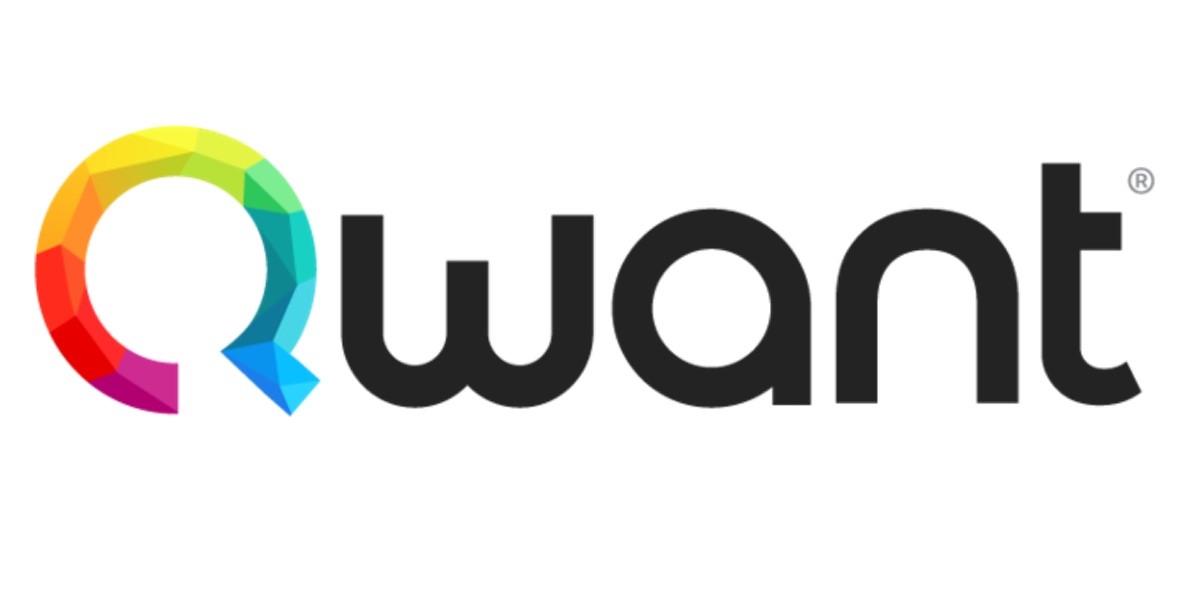Qwant Launches Payment Solution, Focuses on Privacy

As they opened their new office in Paris, the French search engine Qwant announced they were preparing a set of messaging, mapping and payment service. The option called Qwant Pay will be challenging Google Pay and could be launched next fall. This start-up stresses privacy protection as a key argument for their offer.
Qwant Pay will be rolled out in partnership with the Spanish platform Toro. Their business model does not rely on commissioning transactions, but on a €1 fee per customer to be paid by partner banks every year.
This solution can be compared to a conventional wallet. The user downloads the app and stores his payment and loyalty cards for later purchases. This service lets him pay at NFC-equipped stores, as well as online with his Qwant Pay account.
Qwant Pay is being tested in Corsica with Crédit Agricole and ICARE Technologies’ bank. A second test phase would be scheduled for the end of June. Qwant deems they are ready to launch in September but will have to wait until their agreement with a banking partner can be validated (discussions are underway).
Comments – Anonymity as a vector for differentiation?
This French search engine has been diversifying their sets of services and aiming for new markets. The idea is to come up with innovative options and create an overall secure environment, compliant with privacy policies. Advertising remains their main source of revenue, but it is not user-based. Unlike the US Big Four, Qwant does not harvest and process users’ personal data. These practices have caused some customers to become more reluctant to using such services (see Cambridge Analytica / Facebook case). This focus on privacy is a way for Qwant to attract privacy-conscious customers.
This Parisian start-up opted for another path to face the US “Big Four” and Chinese tech Behemoths. On the payment market, Qwant will be challenging Apple Pay, WeChat Pay, Google Pay, etc., which are, or will be entering the French market. Qwant focuses on diversifying their offers to become a viable alternative to Google.
